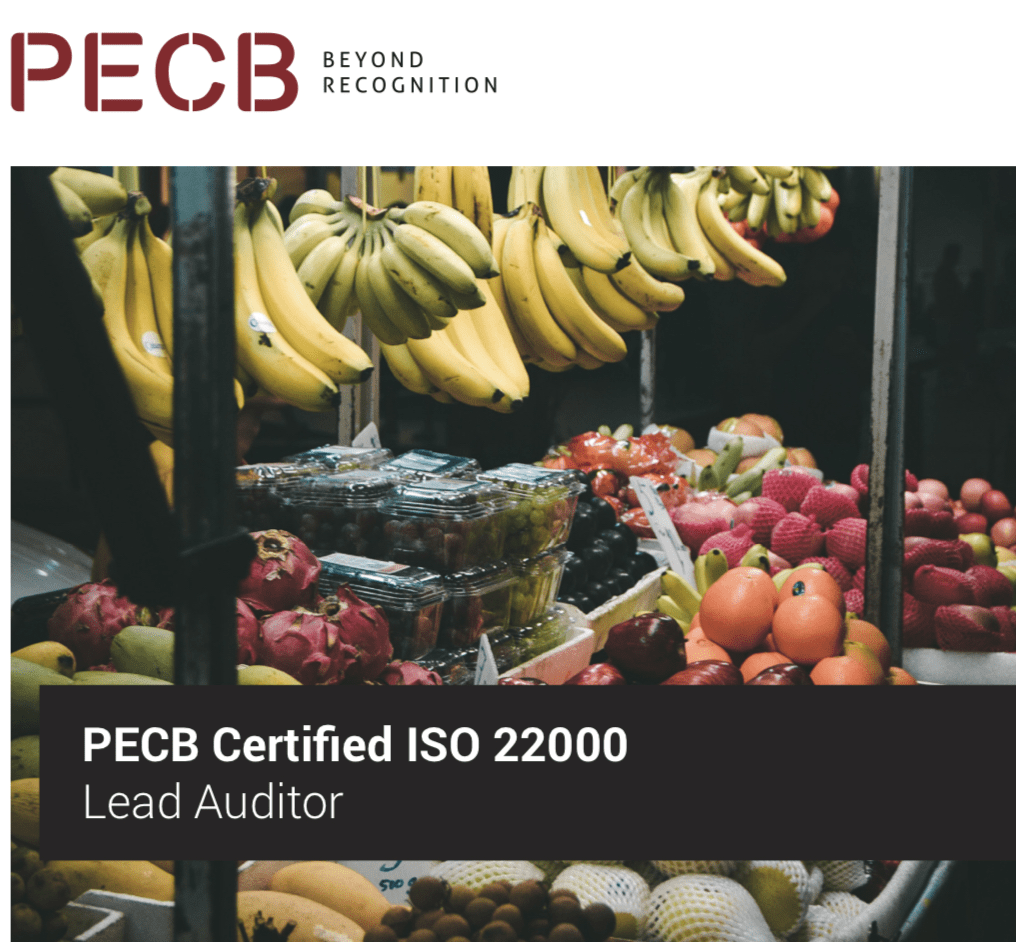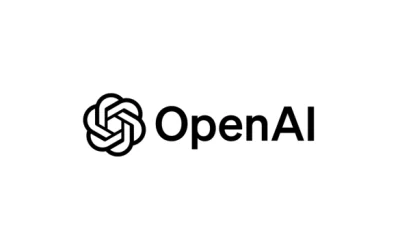
ISO 22000 Lead Auditor (PECB)
About this Course:
-
-
The ever-increasing popularity of food safety, as one of the key aspects of the food industry, has boosted demands from organizations to get certified against ISO 22000. Such certification demonstrates commitment from organizations toward the wellbeing of their consumers and provides sustainability in the market. A PECB auditor credential is a formal and independent recognition of your personal competences. It proves that you are qualified to conduct food safety management system (FSMS) audits for a certification body.
This training course has been developed to reflect the importance of an effective audit. It strengthens your knowledge and skills to plan and carry out an FSMS audit in compliance with the guidelines for auditing management systems provided in ISO 19011 and the certification process presented in ISO/IEC 17021-1.
Through practical exercises, interactive sessions, and discussions, you will be able to gain knowledge on the FSMS and audit techniques. You will also be able to perform an FSMS audit by applying widely recognized audit principles, procedures, and techniques, as well as be able to manage an audit team.
After attending the training course, you can take the exam. If you pass, you can apply for the “PECB Certified ISO 22000 Lead Auditor” credential. An internationally recognized “PECB ISO 22000 Lead Auditor” certificate validates your professional capabilities and competences to audit organizations based on the requirements of ISO 22000 and auditing best practices.
-
Course Goals/Skills:
- Operations of a food safety management system based on ISO 22000
- Relationship between ISO 22000 and other standards and regulatory frameworks
- Requirements of ISO 22000 in the context of an FSMS audit
- Auditor’s role in planning, leading, and following up on a management system audit in accordance with ISO 19011
Course Format:
 |  |
|---|---|
Присъствен (Classroom) Курс в Учебната ни зала или В Офис на Клиент | Онлайн (Online/Virtual) Курс във виртуална зала с инструктор |
Course Language Option:
 |  |
|---|---|
Български (Bulgarian) | Английски (English) |
You can choose the language in which the training will be conducted – Bulgarian or English. All our instructors are fluent in English.
Student Guides:
The training materials are available in electronic format. They can be used online / offline on any device. Lifetime access.
Lab Environment:
Each student has their own lab environment where the exercises are conducted, part of the course. You do not need to install software on a computer or special hardware requirements.
Participants in a face-to-face format in our Training Center have an individual computer during the training.
At Course Completion:
 |  |
|---|---|
Lifetime Access - Video Archive 24/7 | Certificate of Course Completion |
Lifetime access to a video archive with recording of each individual lecture.
Official internationally recognized certificate for completed training course.
Course Duration:
- 5 working days (09:00 – 17:00)
or
40 hours training (theory and practice) in non-working hours lasting 4 weeks
Saturday and Sunday 10:00 – 14:00, 14:00 – 18:00, 18:00 – 22:00
Monday and Wednesday 19:00 – 23:00
Tuesday and Thursday 19:00 – 23:00
Payments:
An application for an invoice shall be accepted at the time of entry of the relevant course.
An invoice is issued within 7 days of confirmation of payment.
Next Class:
For more information, use the contact format. We will contact you to confirm the data.
Instructors
FAQs
Requirements
- The main requirements for participating in this training course are: a fundamental understanding of food safety concepts and a comprehensive knowledge of FSMS audit principles.
Target audiences
- Auditors interested in performing and leading food safety management system audits
- Managers or consultants interested in mastering the food safety management system audit process
- Individuals responsible for maintaining conformity to the FSMS requirements in an organization
- Technical experts interested in preparing for a food safety management system audit
- Expert advisors in food safety management





